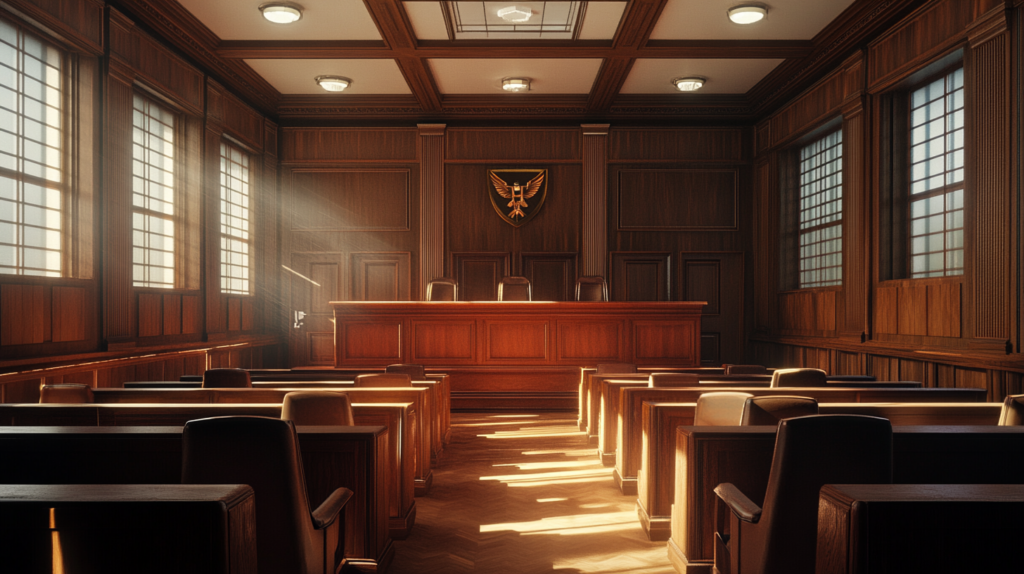The Impact of a Criminal Record: Understanding Long-Term Consequences
Having a criminal record can significantly impact various aspects of an individual’s life. While serving time or paying fines might seem like the end of the legal journey, the reality is that the consequences often extend far beyond the courtroom. In this article, we will explore the long-term effects of having a criminal record and why understanding these consequences is crucial.
Understanding the Consequences of Having a Criminal Record
A criminal record can result from various offenses, ranging from minor infractions to serious felonies. Regardless of the severity, the repercussions can be long-lasting and affect multiple areas of life. Here are some of the primary consequences of having a criminal record:
Employment Challenges
One of the most significant impacts of a criminal record is on employment prospects. Many employers conduct background checks as part of their hiring process, and a criminal record can be a red flag. Some positions may even be off-limits to individuals with certain types of convictions, especially those involving trust or safety concerns.
Employers may worry about the potential risks associated with hiring someone with a criminal history, which can limit job opportunities. This barrier can lead to prolonged periods of unemployment or underemployment, affecting an individual’s financial stability and career growth.
Housing Difficulties
Securing housing can also become challenging for individuals with a criminal record. Landlords often perform background checks on potential tenants, and a criminal record may lead to rental applications being denied. This can force individuals to live in less desirable areas or even face homelessness if they cannot find suitable housing options.

Education and Professional Licenses
Higher education institutions may consider an applicant’s criminal record during the admissions process. Some colleges and universities have policies that restrict admission for individuals with certain convictions. Additionally, obtaining professional licenses in fields such as healthcare, law, or finance can be difficult or impossible with a criminal record, further limiting career opportunities.
Financial Consequences
A criminal record can also result in direct and indirect financial consequences. Legal fees, court fines, and restitution payments can place a significant financial burden on individuals. Additionally, difficulty securing stable employment can lead to long-term financial instability.
Loss of Civil Rights
In some jurisdictions, a criminal record can lead to the loss of certain civil rights, such as the right to vote, serve on a jury, or possess firearms. These restrictions can vary depending on the nature of the offense and the laws of the state or country.
Social and Personal Repercussions
Beyond the tangible legal and financial consequences, having a criminal record can also impact an individual’s personal and social life.
Stigma and Social Isolation
The stigma associated with having a criminal record can lead to social isolation. Individuals may face judgment or discrimination from peers, community members, and even family. This social stigma can affect self-esteem and mental health, making it challenging to reintegrate into society.
Challenges in Personal Relationships
Maintaining personal relationships can be difficult for individuals with a criminal record. Trust issues may arise, and some individuals may find it hard to rebuild relationships with family and friends. New relationships can also be impacted, as disclosing a criminal record can be a sensitive and potentially damaging conversation.
Mental Health Implications
The stress and anxiety associated with the consequences of a criminal record can take a toll on mental health. Feelings of shame, guilt, and hopelessness are common among individuals with a criminal record, and without proper support, these feelings can lead to more serious mental health issues.
Legal Options for Mitigating Criminal Record Consequences
While the consequences of having a criminal record are significant, there are legal options available that may help mitigate some of these effects.
Expungement and Sealing of Records
In some cases, individuals may be eligible to have their criminal records expunged or sealed. Expungement removes the record from public view, while sealing restricts access to the record. The eligibility and process for expungement or sealing vary by jurisdiction, so it’s important to consult with a legal professional to understand the options available.
Pardon or Clemency
Another option is seeking a pardon or clemency, which is a form of legal forgiveness. This can restore certain rights and reduce some of the barriers associated with a criminal record. The process for obtaining a pardon or clemency is typically complex and requires a thorough understanding of legal procedures.

Seeking Support and Resources
Navigating life with a criminal record can be challenging, but support and resources are available.
Legal Assistance
Legal aid organizations and attorneys specializing in criminal record issues can provide guidance and assistance in pursuing expungement, sealing, or pardons. They can also help individuals understand their rights and navigate the complexities of the legal system.
Reentry Programs
Reentry programs are designed to help individuals reintegrate into society after incarceration. These programs often offer job training, housing assistance, and counseling services to support individuals in overcoming the challenges associated with a criminal record.
Support Networks
Building a strong support network is crucial for individuals with a criminal record. Support groups, community organizations, and counseling services can provide valuable emotional and practical support, helping individuals regain confidence and rebuild their lives.
Conclusion
Understanding the long-term consequences of a criminal record is essential for individuals navigating life after a conviction. While the challenges can be significant, there are legal options and support resources available to help mitigate these effects. By seeking assistance and taking proactive steps, individuals can work towards overcoming the barriers imposed by a criminal record and move towards a more positive future.
Contact The Win Law Firm for Your Defense Attorney
If you or a loved one is facing legal challenges related to a criminal record, it’s crucial to have a skilled defense attorney by your side. The Win Law Firm is committed to providing expert legal assistance and fighting for your rights. Don’t navigate the complexities of the legal system alone—reach out to The Win Law Firm for a consultation and take the first step toward reclaiming your future. Contact us today to learn more about how we can help you overcome the obstacles posed by a criminal record.
